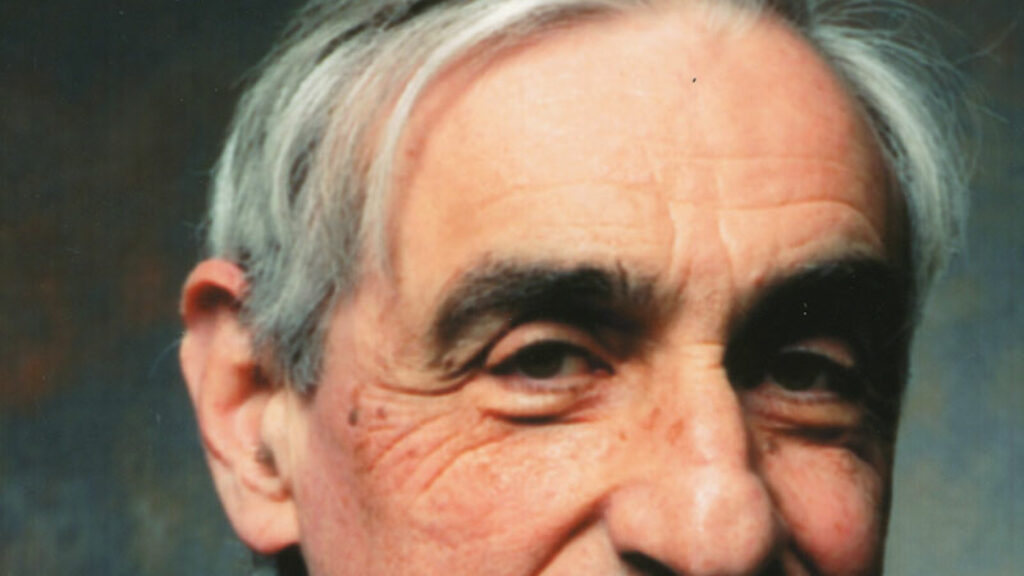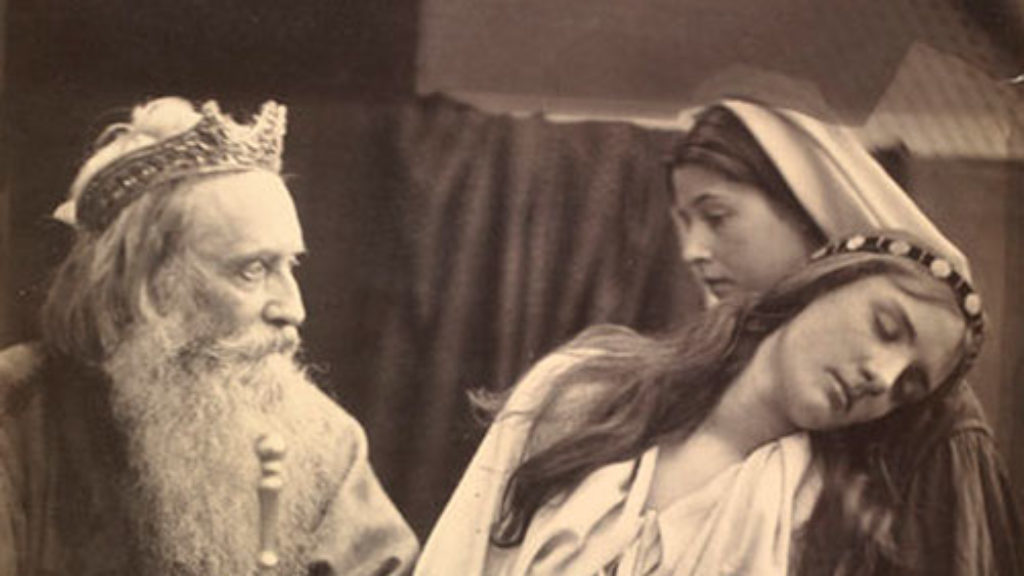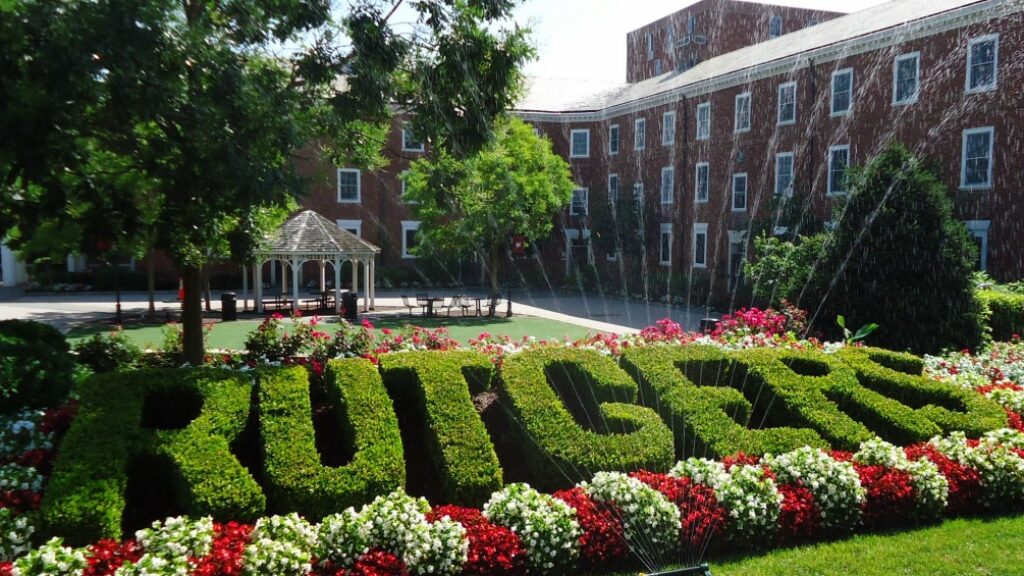Letters, Winter 2016
JTS and American Judaism
Shame on Rabbi Gordis, and shame on the editors for accepting another lament about Conservative Judaism (“Tradition, Creativity, and Cognitive Dissonance,” Fall 2015) devoid of any positive suggestions or recognition that there are some glowing embers of hope that might be fanned into flame.
Rabbi Gordis tells us that Conservative Judaism “did not achieve [its] fundamental goal . . . the creation of a modern yet halakhically committed laity.” He tells us that Conservative Judaism lacks the “cognitive dissonance” and is “devoid of the raucousness” that is needed to be a creative movement. Perhaps there was some validity to this viewpoint in past decades, but Gordis seems oblivious to the ideological ferment that has gripped the movement over the past two decades. We’ve hotly debated and eventually embraced a more equal role for women. Now, similar debates and a similar evolution of views are occurring regarding gays. Jewish educational practices and curricula have evolved drastically in our religious and day schools.
There is also great progress in Israel. Rediscovery of the value of teaching Jewish “tradition” in the public schools, the tremendous growth of the TALI school movement, the growth of enrollment in non-orthodox adult education courses such as those sponsored by the Schechter Institute, and the development of an indigenous Masorti leadership and membership are all positive signs for the movement.
If Rabbi Gordis really wishes to help the Jewish enterprise, he must move beyond criticism, recognize and encourage positive efforts already in place, and devote more space in his essays to suggesting paths for improvement.
Carl Sunshine
Los Angeles, California
As a student who attended The Jewish Theological Seminary (JTS) in the 1950s, I enjoyed reading Daniel Gordis’s excellent essay, but I do have some reservations. First, the author suggests that Professor Lieberman “communicated a disdain for the vast majority of the students JTS obliged him to teach.” That was not my experience. When a student excelled, it was not uncommon for Professor Lieberman to place his arm on the student’s shoulders and offer words of encouragement after class. Indeed, at the conclusion of an address to the Rabbinical Assembly, Professor Lieberman warmly related an extraordinary encounter that reinforced his faith in the Seminary. He heard a voice in the dormitory studying Talmud one Saturday night reciting passages aloud, which he described as “sweet,” and the “voice of Torah which had the genuine longing of our ancestors,” reminding him of “the voice of the Yeshivoth of the old country.” Second, Professor Lieberman and Abraham Joshua Heschel certainly had their differences, but undoubtedly respected one another and enjoyed a warm personal relationship.
Finally, it is easy to speculate on what might have been had the luminaries of the JTS in the 1950s cultivated an “argumentative community” around theology. But Chancellor Finkelstein built a diverse faculty across a range of fields so that students could study, assess, and consider Judaism through radically different lenses as they progressed through their studies. To expect this faculty to have engaged in the same kind of argumentative dialogue that the early Zionists had with one another is unrealistic. The universe of Jewish theology is infinitely more vast and diverse than the competing visions of a Jewish state in the 20th century.
Rabbi Solomon Spiro
via jewishreviewofbooks.com
I was a rabbinical student at The Jewish Theological Seminary in the 1950s, the golden age of Jewish scholarship that Daniel Gordis describes so accurately in his article “Tradition, Creativity, and Cognitive Dissonance.” I too was puzzled by the readiness of so many American Jews to claim the label of Conservative Judaism despite their reluctance to accept the halakhic lifestyle that the Seminary faculty attached to that name.
Today, after several decades of serving a typical suburban Conservative congregation, I think I understand the disconnect. Dr. Finkelstein, z”l, Professor Lieberman, z”l, and their colleagues, great scholars and caring Jews all, did envision a Conservative movement of observant Jews in America, but I suspect they could have lived out their years happily on the Upper West Side of New York without ever going to a movie or watching a baseball game. However, the tens of thousands of American Jews who joined Conservative synagogues envisioned living fully as Jews and as Americans. We eagerly accepted the invitation to participate fully in American life. Unlike our Reform brethren, who regularly gave preference to the secular alternative, Conservative Jews strove to be maximally Jewish and at the same time maximally American.
Were we conflicted? Daily. Were we inconsistent? Undoubtedly. Did we fall short of what the standards of Conservative Judaism asked of us on matters like Shabbat observance, kashrut, and mikvah, and did we miss out on some aspects of American life? Yes, but we made the decision that participation in American life and living as serious Jews were worth it. Would my teachers have been disappointed by the movement they helped to create? I suspect they would (and probably were). Was the Holy One Blessed Be He disappointed in us? I am in no position to judge, but I would hope not.
Rabbi Harold Kushner
Natick, MA
Daniel Gordis Responds:
Carl Sunshine misunderstood my article. No lament, it was a portrayal of the intellectual discourse that JTS cultivated—and more often did not—in its greatest years. The tenor of intellectual discourse at JTS is not unrelated to the eventual fate of Conservative Judaism, of course, but the issues are distinct. Sunshine conflates them.
Solomon Spiro offers memories of Professor Lieberman’s kindness as a teacher as proof that I judged Lieberman too harshly. I readily stipulate that Professor Lieberman had good days. However, in the very same 1948 Rabbinical Assembly address that Rabbi Spiro quotes, Lieberman responded to his students’ Siyyum Ha-Shas by saying, “It was indeed gratifying to . . . hear the Hadran of Rabbi Abrams. I’m convinced that he has studied at least one tractate of the Talmud.”
That gratuitous humiliation of a student in public was classic Lieberman. Most stunning is that he did not get the comment stricken from the published record. He simply felt no remorse. That attitude contributed in no small way to the venomous atmosphere at JTS, which so many of its students were understandably desperate to flee. Interested readers can find the entire address in Judah Goldin’s classic anthology, The Jewish Expression. Lieberman’s relationship with Abraham Joshua Heschel is also, unfortunately, a matter of historical record.
Quantifying the intellectual breadth of any field is obviously difficult, but Spiro sells Zionism’s intellectual richness short. Zionism was home to statists and non-statists; communists, socialists, and capitalists; those who saw in Zionism an opportunity to write a new chapter of Jewish history and those who sought to leave Jewish history and Judaism utterly behind; those who believed coexistence with the Arabs possible and those who predicted that Jewish sovereignty would provoke a conflict with no end; those who saw Zionism as a fundamentally intellectual undertaking and others who felt that only dirty hands in the soil of Eretz Yisrael would give Zionism meaning. There was much more. That Jewish theological discourse was so obviously richer than Zionist thought strikes me as a very dubious claim.
Rabbi Kushner’s utter decency and wisdom have long afforded all of us a model of teaching and discourse. I am as sure as one can be that the Holy One is not disappointed by his work.
Conditional Synagogues
Eugene R. Sheppard begins his essay “On Old Stones, a Black Cat, and a New Zion” (Fall 2015) with a legend that may be the source for the curious name of the Prague Altneuschul. There is another possible source, with similar messianic or even proto-Zionist implications, that also plays on the phrase al tenai. The Babylonian Talmud (Megilla 28b) claims that the synagogues in Babylon are built al tenai (with the condition that) they may be used for non-ritual purposes as well, unlike synagogues in the Holy Land. As the Tosafot understand it, diaspora synagogues have a lower level of sanctity than those in Israel. Ultimately, when the Messiah arrives, the former will lose their sanctity entirely. Those who named the Altneuschul may have been the only synagogue leaders to give explicit recognition to the conditional nature of any diaspora shul’s sanctity.
Hillel M. Jaffe
Bronx, NY
Comments
You must log in to comment Log In
Suggested Reading

Tradition and Invention
If Jews were included in early 20th-century discussions of political communities, it was generally concerning their right to preserve their language and culture, along with other minorities, at a time when empires were being dismantled.
A Very Jewish Encounter
The text is full of underlining, circled words or phrases, arrows, careful cross references, and copious comments in Yiddish, English, Spanish, and Hebrew. It’s what my students at Ohio State might call an “extreme reading.”

Hidden Faces and Dark Corners: Megillat Esther and Measure for Measure
What happens when the hidden is revealed? Reading Megillat Esther alongside one of Shakespeare’s “problem plays” shows that question to be at the heart of Purim’s paradox.

At the Anti-Israel Carnival
Students at Rutgers University protest Israel like they're attending a carnival. A professor explores the troubling scenes she's witnessed—and rereads Mikhail Bakhtin.
steven.fine
As I have matured I find myself ever more sympathetic toward the rabbis whom Danny Gordis disparages.
Gordis imagines that post-War rabbis could have responded differently to the challenges of Americanization. It is so easily blame and second guess that deeply earnest, prolific, even heroic, generation-- the creators of Hebrew school curricula, Ramah and USY and Schechter and the Hebrew colleges and the JCCs and the UJA, and, and and.... It is easy to blame them for larger trends among American Jewish communities. At best, though, synagogue rabbis were contract employees and civil servants to volunteer organizations-- they could only do so much.
My own read of those Conservative rabbis is that they fought a valiant but pyrrhic fight, parallel to those fought by the clergy of other now-dying mainline churches.
As to the implied Orthodox triumphalism, I need only recall how few actual non-Rabbinic non-immigrant Ortho families entered the 1950s still Orthodox, esp. beyond the 5 boroughs. Orthodox strength today is based upon the children and grandchildren of the survivors, and on the not insubstantial migration of the more traditional from the Conservative synagogues to the shuls over the next couple of decades. Many of those, like Gordis (grandson of a Conservative giant, a Yeshiva College grad) were products of those self-same Conservative educations.
This is so complex, but a bit more compassion, I think, is in order.